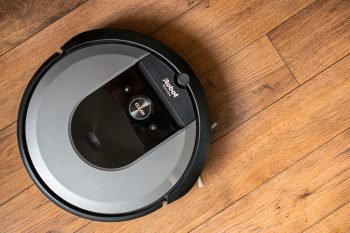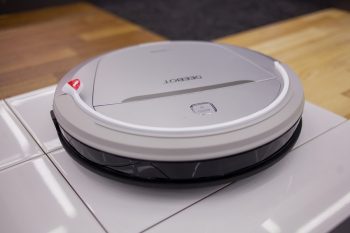
Carrier Air Conditioner, a name synonymous with quality and innovation in the HVAC industry, has been a leader in air conditioning technology for over a century. This blog aims to answer the question, “Who owns Carrier Air Conditioner?” and delve into the company’s history, ownership changes, and its current market position.
Carrier Air Conditioner is currently owned by Carrier Global Corporation, an independent, publicly traded company. The largest shareholder of Carrier Global Corporation is the institutional investor, Capital Research Management Co. This followed a spin-off from United Technologies Corporation in 2020, after it merged with Raytheon Company to form Raytheon Technologies Corporation.
The Genesis of Carrier Air Conditioner
Carrier Air Conditioner was first established in 1915 by Willis Haviland Carrier, the inventor of modern air conditioning. Originally known as the Carrier Engineering Corporation, the company has been at the forefront of heating, ventilation, and air conditioning (HVAC) technology for over a century.
Ownership Changes Over the Years
The ownership of Carrier Air Conditioner has changed twice over its long history. In 1979, the company was acquired by United Technologies Corporation (UTC), a multinational conglomerate that also owns other reputed brands such as Pratt & Whitney and Otis Elevator Company.
In 2020, UTC merged with Raytheon Company to form Raytheon Technologies Corporation. As part of this merger, Carrier Global Corporation was spun off as an independent, publicly traded company.
Current Ownership: Carrier Global Corporation
Today, Carrier Air Conditioner is owned by Carrier Global Corporation, an independent, publicly traded company. Carrier Global Corporation is owned by institutional investors, with the top shareholder being Capital Research Management Co.
Impact of Ownership on Market Position and Reputation
The ownership changes have positively impacted Carrier’s market position and reputation. As of 2022, Carrier was a $20.4 billion company with over 52,000 employees serving customers in 160 countries on six continents.
Carrier’s sales in 2021 reached $20.6 billion, an 18% increase compared to the prior year, reflecting strong demand across the market. In the fourth quarter of 2022, the company reported sales of $5.1 billion, with a 9% organic growth in the HVAC segment driven by double-digit growth in Commercial HVAC and strong growth in the North America Residential and Light Commercial business.
Future Plans and Strategies
Carrier Global Corporation has disclosed several future plans and strategies. These include the acquisition of Viessmann Climate Solutions, a leading German maker of heat pumps and other climate-control products, for €12 billion (about $13.2 billion) in cash and stock.
Carrier also plans to exit its Fire & Security and Commercial Refrigeration cabinet businesses to simplify its business portfolio and accelerate its strategy to establish Carrier as the global leader in intelligent climate and energy solutions.
Conclusion
Carrier Air Conditioner’s impressive history, innovative products, and strong market position make it a leader in the HVAC industry. Its current owner, Carrier Global Corporation, continues to steer the company towards growth and innovation, ensuring that Carrier remains at the forefront of the HVAC industry.
Frequently Asked Questions
Who was Willis Haviland Carrier?
Willis Haviland Carrier was an American engineer and inventor. He is best known for inventing modern air conditioning. Carrier invented the first electrical air conditioning unit in 1902 and founded Carrier Corporation in 1915 to manufacture and sell HVAC systems.
What other brands does United Technologies Corporation own?
Besides Carrier, United Technologies Corporation (UTC) also owns other reputed brands such as Pratt & Whitney, a leading aerospace manufacturer, and Otis Elevator Company, the world’s leading manufacturer of elevators, escalators, and moving walkways.
How has the merger with Raytheon affected Carrier?
The merger of UTC and Raytheon to form Raytheon Technologies Corporation resulted in Carrier being spun off as an independent, publicly traded company. This allowed Carrier to focus solely on its core HVAC business and has led to increased growth and profitability.
What is Carrier’s strategy for future growth?
Carrier’s strategy for future growth involves acquisitions to enhance its product portfolio, such as the planned acquisition of Viessmann Climate Solutions. It also involves simplifying its business portfolio by exiting non-core businesses, such as its Fire & Security and Commercial Refrigeration cabinet businesses. This is to establish Carrier as the global leader in intelligent climate and energy solutions.
What are some of Carrier’s key products?
Carrier’s key products include a wide range of heating, cooling, and refrigeration systems. These include air conditioners, heat pumps, furnaces, fan coils, boilers, and thermostats. Carrier also offers a variety of indoor air quality solutions, including air purifiers, humidifiers, and ventilators.












